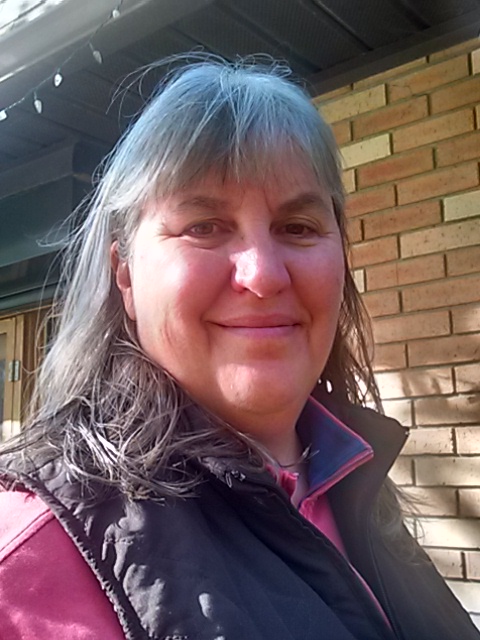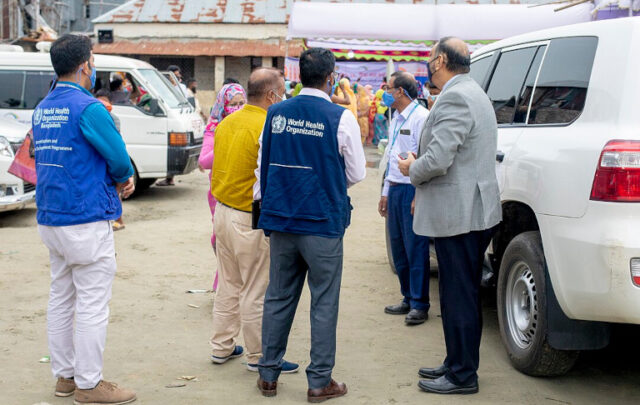When are we willing to fight for our views? Simon the Zelot was a disciple of Jesus. He advocated aggression with the Romans. He literally fought for his views. I find it odd that Simon was one of the twelve disciples because Jesus seemed very much against violence (unless one considers the story of the money changers in the temple!) Politically I consider myself a moderate independent and normally I do not view political views something to fight over…disagree certainly, but this does not include violence!
My political views fall somewhere between a conservative Democrat and a liberal Republican, but since these political positions no longer exist I find my views falling more and more into a vacuum. I stopped affiliating with the Democratic Party in my late 20’s, but I never switched to the Republican Party. I have increasingly felt dismayed by the inability of politicians to compromise, to understand the value of the middle ground. Today political partisanship has brought us to new levels of government dysfunction. Frankly, it’s getting difficult to relate to my fellow Americans.
I was moved by the speeches made at Senator John McCain’s memorial service as well as those given for President George Bush. We heard much about their civility and we owe a great deal to the leadership of these two men who served our country with distinction in and out of politics. Strangely enough when George Bush was elected president I believed the opposite was true. During Reagan’s term in office I felt our country’s political body was becoming ever more divided. But after two years of Trump in office I look back with fondness at all Republican presidents before him.
The use of the phrase “middle of the road” began in America towards the end of the 19th century.
It was used to describe the policies of political parties who attempted to avoid alienating any particular set of voters by saying very little of substance which might annoy them (nothing changes). The term was especially aimed at The Populist Party (or People’s) Party.
Being a moderate isn’t the same as having political views that fall in the middle of the road. I am not sitting on the fence, as in I’m unsure of one way or the other. I have strong political views that are shaped by moral and ethical standards. I’m not on the same page as those in the fringes left or right, which more and more I see as extremism. I recall once hearing someone say that the danger of having views in the ‘middle of the road’ is that you will likely get run over! Some days I sense that danger more than ever!
Increasingly battle lines are being drawn between liberals on the left and conservatives on the right. The results of the midterm elections made it clear that Americans are polarized not on the basis of class or even ideology, but on political identity. The United States is suffering from a “cold Civil War” and it doesn’t bode well for us at this critical time in history. We should be uniting to confront the challenge of climate change, resource depletion, and economic inequality. We should be reaching across the aisle and across borders to help others in desperate need rather than building more walls to define an identity.
As the rate of climate change increases and the costs of weather related disasters takes a greater toll around the world it is more important than ever that Americans lead by example. Americans have the opportunity to adopt renewable energy and to reduce our consumption of resources. We use more energy per capita than any other country and we should reduce the most! Nothing is going to be easy. Political and economic solutions will not be easy. No solutions will work everywhere or for everyone. The human population has grown into overshoot and we in the developed world need to think rationally and act calmly or we will likely make matters much, much worse. How will it benefit the world if we enter a third world war?
I recently read an article in the NY magazine written by Andrew Sullivan that I found very thought provoking. He describes our political divide as America’s new religion and he is talking about both liberals and conservatives.
And so we’re mistaken if we believe that the collapse of Christianity in America has led to a decline in religion. It has merely led to religious impulses being expressed by political cults. Like almost all new cultish impulses, they see no boundary between politics and their religion. And both cults really do minimize the importance of the individual in favor of either the oppressed group or the leader.
And this is how they threaten liberal democracy. They do not believe in the primacy of the individual, they believe the ends justify the means, they do not allow for doubt or reason, and their religious politics can brook no compromise. They demonstrate, to my mind, how profoundly liberal democracy has actually depended on the complement of a tolerant Christianity to sustain itself — as many earlier liberals (Tocqueville, for example) understood.
It is Christianity that came to champion the individual conscience against the collective, which paved the way for individual rights. It is in Christianity that the seeds of Western religious toleration were first sown. Christianity is the only monotheism that seeks no sway over Caesar that is content with the ultimate truth over the immediate satisfaction of power. It was Christianity that gave us successive social movements, which enabled more people to be included in the liberal project, thus renewing it. It was on these foundations that liberalism was built, and it is by these foundations it has endured. The question we face in contemporary times is whether a political system built upon such a religion can endure when belief in that religion has become a shadow of its future self.
Will the house still stand when its ramparts are taken away? I’m beginning to suspect it can’t. And won’t.
Thought provoking indeed! I see a real chance that America could fall into the dustbin of history. How will the world be affected if this should happen? Probably the last time in recent memory when the world’s nation states faced a great challenge was when the democratic nations of Europe fought against Hitler and Nazis. I’m not suggesting that American hegemony is great for the world. But I wonder how people will enjoy Russian and Chinese ambitions to rule the world? Sullivan writes about the impact watching the HBO movie Darkest Hour, and Churchill’s rejection in May of 1940 of England trying to accommodate Hitler and preserve the nation. Sullivan described his reaction to the scene in the movie with Churchill.
And I realized how profoundly I yearn for something like that to reappear in America. The toll of Trump is so deep. In so many ways, he has come close to de-legitimizing this country and entire West, aroused the worst instincts within us, fed fear rather than confronting it, and has been rewarded for his depravity in the most depressing way by everything that is foul on the right and nothing that is noble.
I want to believe in America again, its decency and freedom, its hostility, bred in its bones, toward tyranny of any kind, its kindness and generosity. I need what someone once called the audacity of hope. I’ve witnessed this America ever since I arrived — especially its embrace of immigrants — which is why it is hard to see Trump tearing migrant children from their parents. That America is still out there, I tell myself, as the midterms demonstrated. It can build. But who, one wonders, is our Churchill? And when will he or she emerge?
Indeed, will great leaders ever arrive? And what if they don’t? Is America great or is it the people? Certainly it isn’t the aristocracy that has recently arisen. It isn’t the Trump family view of America as the center of the universe (especially since Trump views the center of the universe as himself). The world may not be fortunate enough to receive the appearance of a Gandhi or Christ, a Buddha, or Mohammad, a Churchill, JFK, or Martin Luther King Jr. to lead and inspire people to sacrifice what is needed. But perhaps in their absence we can look to ourselves. Perhaps we as individuals can each rise to greatness. We can step forward and do our best…or at least do what we can.
I sincerely hope that faith can sustain you. I know it sustains me. But ultimately, it is individuals that make a difference. We each in our way must do what we can, even in the absence of faith, to make our future tenable. We can’t expect others to take care of us. We can’t expect solutions. But we can treat others with respect and dignity…the way we all want to be treated. We won’t likely find solutions, but we may find outcomes we can live with.
Religion isn’t always about what we think we know or believe. Sometimes religion is simply finding a way of living with the unknown.
Teaser photo credit: https://commons.wikimedia.org/wiki/File:Rubens_apostel_simon.jpg






